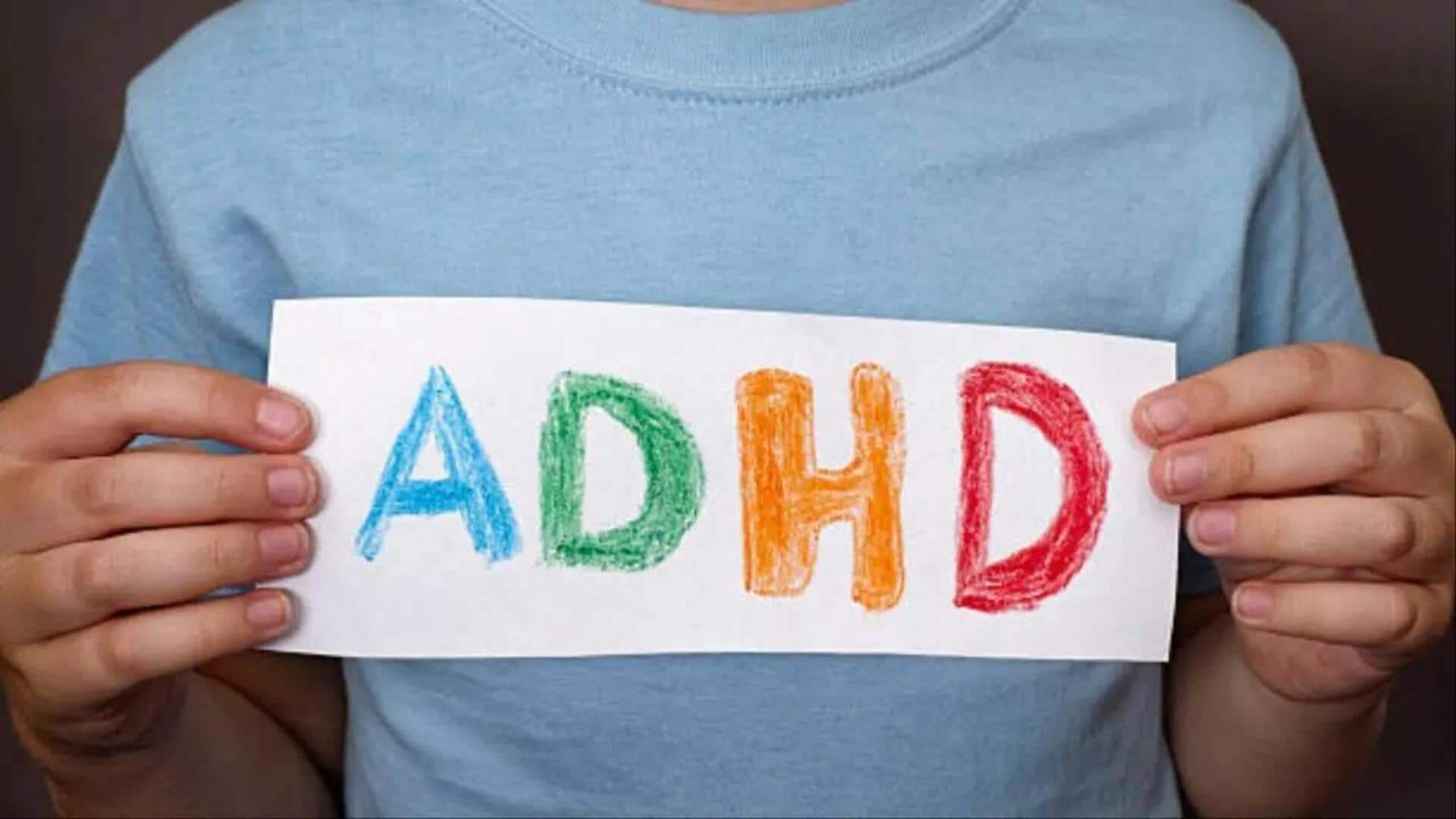
1 in 4 US adults suspect they have undiagnosed ADHD
What's the story
A recent survey by The Ohio State University Wexner Medical Center and College of Medicine, has found that one in four US adults suspect they may have undiagnosed Attention Deficit Hyperactivity Disorder (ADHD). The study also found that 13% of participants were worried enough about their potential condition to discuss it with their healthcare providers. However, only slightly more than 4% of adults aged 18-44 are officially diagnosed with ADHD, Justin Barterian, a clinical assistant professor at Ohio State, said.
Information spread
Social media's role in ADHD self-diagnosis
The researchers from Ohio State University also suggested that the increase in self-diagnosis, could be due to the rampant spread of information about ADHD on social media. Videos like "5 signs you have ADHD" and "How to spot an ADHDer in public" have gone viral on TikTok, racking up over 100,000 likes and even more views.
Caution advised
Experts warn against self-diagnosis of ADHD
Adrian Owen, a professor of cognitive neuroscience and imaging at Western University in Canada, warned that self-diagnosing could lead to over-pathologizing and potentially labeling "the spectrum of normal behavior as ADHD." Psychologist Mary Anderson echoed this sentiment, stating that occasional difficulties with focus or easy distraction do not necessarily indicate an ADHD diagnosis. They emphasized the importance of professional evaluation for accurate diagnosis and appropriate treatment.
Symptom similarity
ADHD symptoms overlap with other mental health conditions
Owen emphasized that ADHD has symptoms in common with many other conditions such as anxiety, depression, and some learning disabilities. He cautioned that self-diagnosis could mean missing out on these underlying issues and receiving inappropriate or ineffective treatment. Those who self-diagnose could seek treatments such as stimulant medications without professional guidance, which could lead to misuse or overreliance and side effects such as increased heart rate and sleep disturbances.
Evaluation importance
Professional evaluation crucial for accurate ADHD diagnosis
Anderson emphasized the need to see a mental health professional if you think you might have ADHD. She shared that she has seen cases where people thought they had ADHD, but were actually suffering from anxiety. The conventional route to getting an ADHD diagnosis involves reaching out to a health professional, filling out questionnaires, and undergoing various neuropsychological tests. Anderson suggested contacting primary care physicians who can refer patients to in-network providers for accurate diagnosis and proper treatment.